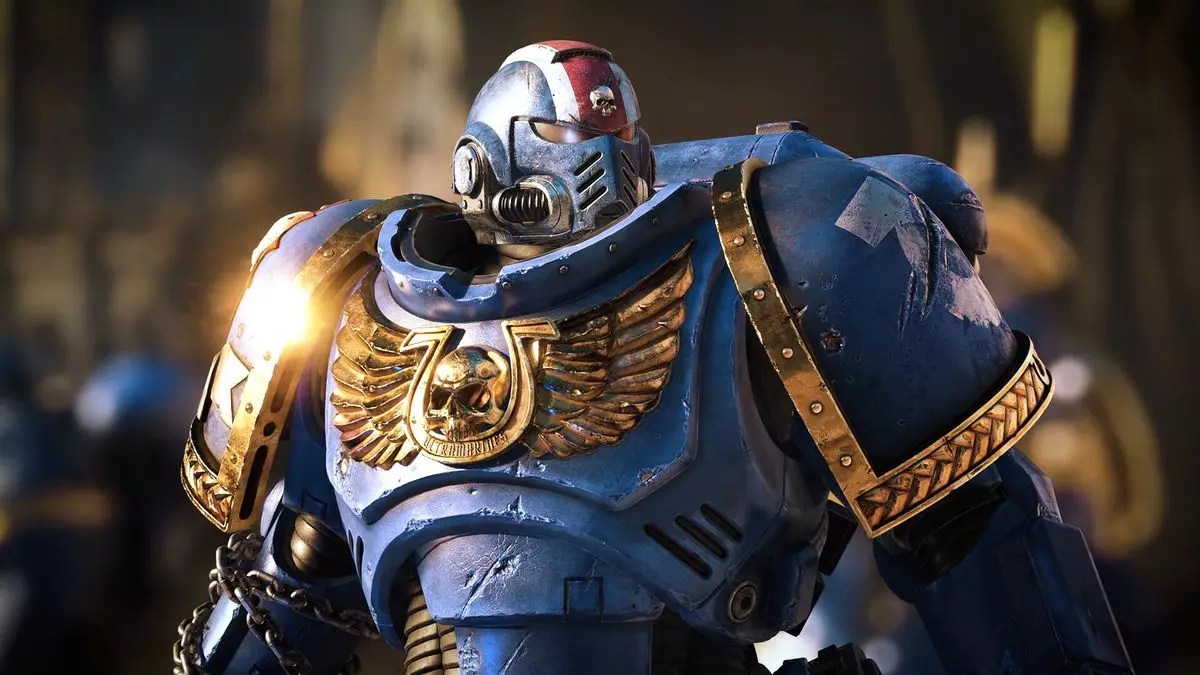Saber Interactive finds itself at a crossroads following the success of its latest title, Space Marine 2. Tim Willits, Chief Creative Officer at Saber, emphasizes the transformative impact of this triumph on the studio’s direction. The gaming industry is often marked by a cycle of highs and lows, defined by sporadic successes, but a “big hit” like Space Marine 2 instantly elevates the stakes. The heightened scrutiny from fans and critics alike compels creators to adopt a self-reflective approach that can redefine their artistic and operational paradigms.
Willits explains that achieving a degree of internet popularity comes with increased passion and responsibility. This newfound pressure to deliver excellence often catalyzes studios to reassess their methodologies and long-term goals. He has communicated to his team that the success of Space Marine 2 fundamentally alters their trajectory, influencing everything from large-scale projects to smaller indie titles currently in production.
While change can be invigorating, Willits acknowledges the potential pitfalls associated with it. The very introspection that can inspire creativity may also lead to an overwhelming anxiety about future projects. When success takes center stage, developers might find themselves sidelined by paranoia, insisting on perfection to a debilitating extent. This internal struggle is common in rapidly evolving industries where past achievements overshadow new undertakings.
However, this self-scrutiny is also a double-edged sword, as it compels the team to strive for “amazing games” in the future. The universal challenge for development studios is managing the balance between ambition and the fear of overexposure. Willits is optimistic that the Blueprints laid down by earlier projects, particularly in the wake of Space Marine 2’s success, will lead to innovative gameplay experiences.
While the success of Space Marine 2 is notable, it remains to be seen how it will stack up against the impressive performance of Saber’s previous titles, particularly the popular horde shooter World War Z. Willits underscores that World War Z has attracted approximately 25 million players since its release, setting a high bar for Space Marine 2 to match. His comments suggest that Space Marine 2 is reigning close behind; described as the fastest-selling game he has encountered in his extensive career working on revered franchises like Quake, Doom, and Wolfenstein.
This correlation between the current title and its predecessors signifies more than mere numbers—it creates a narrative of growth for Saber Interactive. The studio’s trajectory appears promising; however, it is contingent upon how effectively they can harness and channel the lessons learned from their previous successes and failures moving forward.
Looking Ahead: Cultivating a Legacy
As Saber Interactive embarks on this new chapter, the emphasis on reflection and adaptation may redefine what it means to be successful in the gaming industry. Lessons learned during this pivotal period will influence not only the company’s upcoming titles but also its long-term reputation and legacy in an increasingly competitive market. Willits’ vision for the future offers both promise and challenge; it encapsulates the spirit of innovation while also navigating the complex emotional landscape that accompanies significant success. Indeed, the road ahead appears to be paved with potential, and how Saber Interactive manages this moment will be crucial in shaping not just their future offerings but also the overall gaming experience for players around the globe.


Leave a Reply